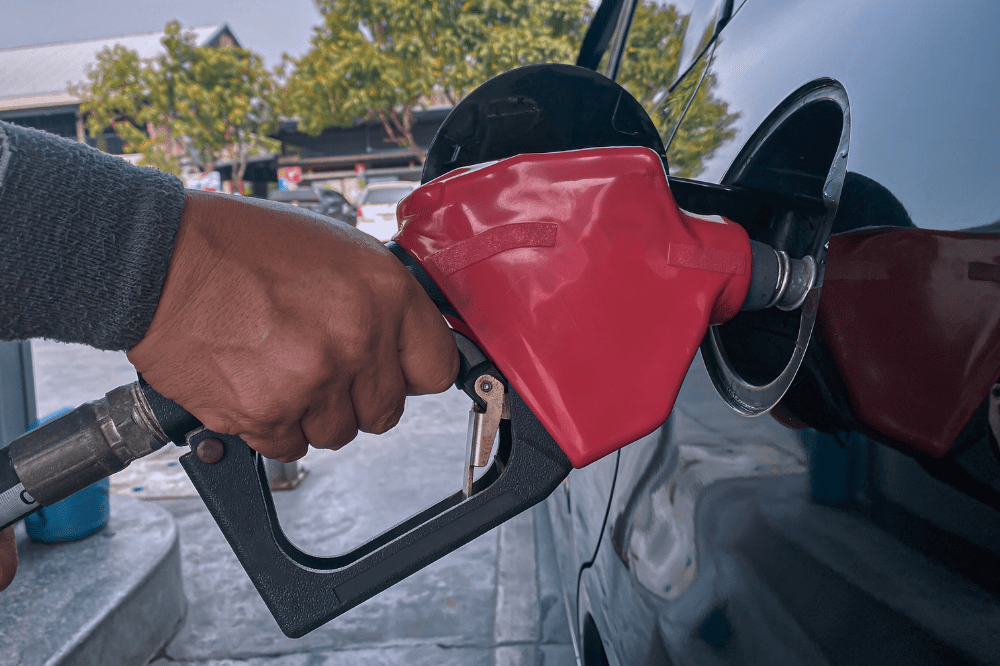The petrol price continues to increase in South Africa, alongside with inflation, is impacting the cost of living!
In South Africa, motorists are dealing not only with the continuous increase on petrol price but also with the ripple effect on inflation, which is driving up the cost of living and dampening prospects for interest rate reductions this year.
This week, Stats SA released the latest inflation data for March 2024, revealing that the headline Consumer Price Index (CPI) eased more than anticipated for the month. Inflation dipped from 5.6% in February to 5.3% in March, partly due to a decrease in food prices. However, despite this development, inflation remains above the 5% mark and well beyond the South African Reserve Bank’s targeted 4.5% threshold for initiating a cycle of interest rate cuts. Economists and analysts are revising their average inflation forecasts upward for the year.
Both Investec and the International Monetary Fund (IMF) have adjusted their average projections from 4.7% to 4.9%, anticipating that the headline CPI rate will only average 4.5% in 2025. This outlook is primarily driven by volatility in global oil and petroleum markets, as well as uncertainty surrounding the impact of adverse weather conditions on food prices.
“Inflation is having a key effect on consumer affordability in South Africa, and the South Africa Reserve Bank recently reaffirmed its resolve to continue to combat high inflationary pressure in South Africa, stating that interest rates will only be cut once CPI inflation achieves, and then remains, around 4.5% y/y”, said Investec chief economist, Annabel Bishop.
Global oil prices have been fluctuating significantly, hovering between $85 and over $90 a barrel. Reports suggest that oil markets remained below $88 a barrel this week amid conflicting signals. While there are indications of increasing stockpiles in response to Middle East tensions, the reimposition of sanctions on Venezuelan crude by the United States is adding further pressure. Despite fluctuations, oil prices are considerably higher this year due to supply cuts from oil-producing nations (OPEC+) and geopolitical risks in the Middle East and Russia.
The surge in oil prices is the primary driver of under-recoveries for petrol in South Africa, with recent data from the Central Energy Fund (CEF) indicating a potential petrol price hike of around 35 cents per litre in May. Petrol prices have already risen by a net R1.80 this year, with successive increases in February, March, and April following a substantial 76c per liter cut in January. Another 35 cents per litre hike in May would take this up to R2.15, pushing prices above R25 a litre, prolonging the inflationary pressures associated with petrol price increases.
March saw a petrol price increase of R1.21 per litre, adding a 0.3% contribution month-on-month inflation, and similar effects are expected from April’s price adjustments. With inflation remaining elevated, heavily indebted South Africans are likely to face prolonged financial strain, as markets increasingly discount the possibility of interest rate cuts in 2024.
Initial hopes for an early start to an interest rate cutting cycle in March have been deferred to mid-year, possibly around July. However, given persistent inflationary pressures, expectations are now leaning towards a later reduction, potentially in September but more likely in November. Some analysts even speculate that there may be no cuts at all in 2024. Moreover, the magnitude of anticipated cuts has diminished over time, with initial projections of 100 basis points gradually reduced to 25 basis points or possibly none at all.

